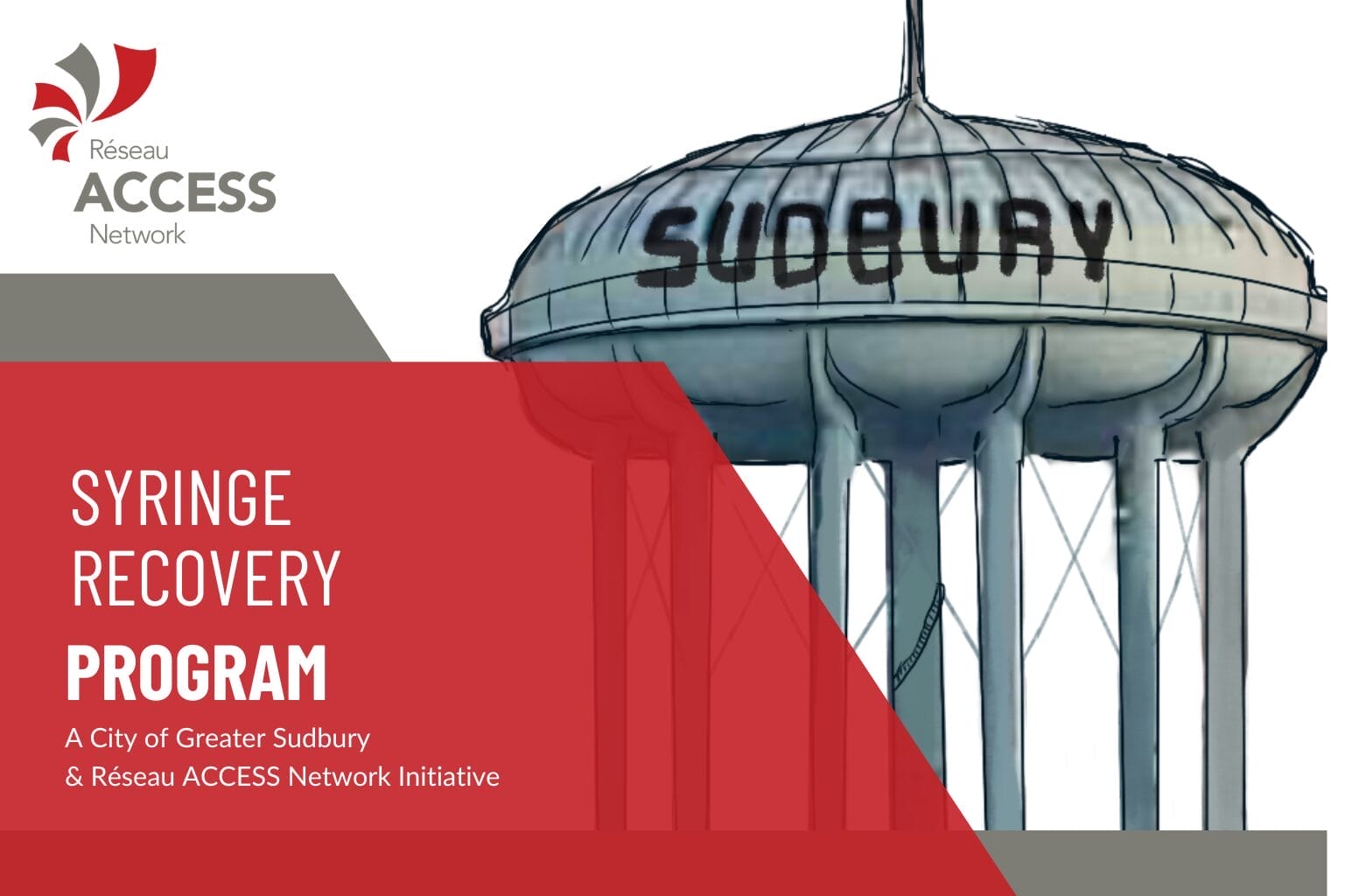
What to do if you find a used syringe on the street
- Use a pair of tongs, pliers or tweezers to pick up the needle. It is best to wear rubber gloves.
- Pick the syringe up by pointing the needle tip down and away from you.
- Put the syringe in a container placed on a stable surface/on the ground. A sharps container, bleach container, or plastic peanut butter jar works well. Mark SHARPS on the container. It would be best not to use a glass jar, light plastic container, or a milk carton, as they could break or syringes could poke through.
- Do not try to put the cap back on the syringes.
- Wash your hands with soap and warm water.
- Take the container to a pharmacy or to The POINT.
If you see uncapped syringes in public areas, feel free to use the above instructions to pick them up. Another option is to call the Syringe Squad for pickups.
Monday through Friday, 9:30 a.m. to 4 p.m. 705-690-1939
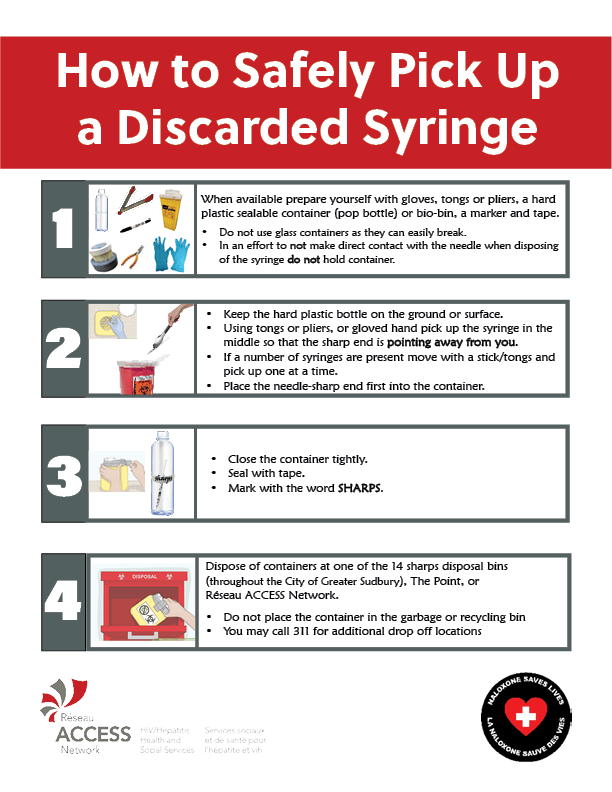

Check out this video!
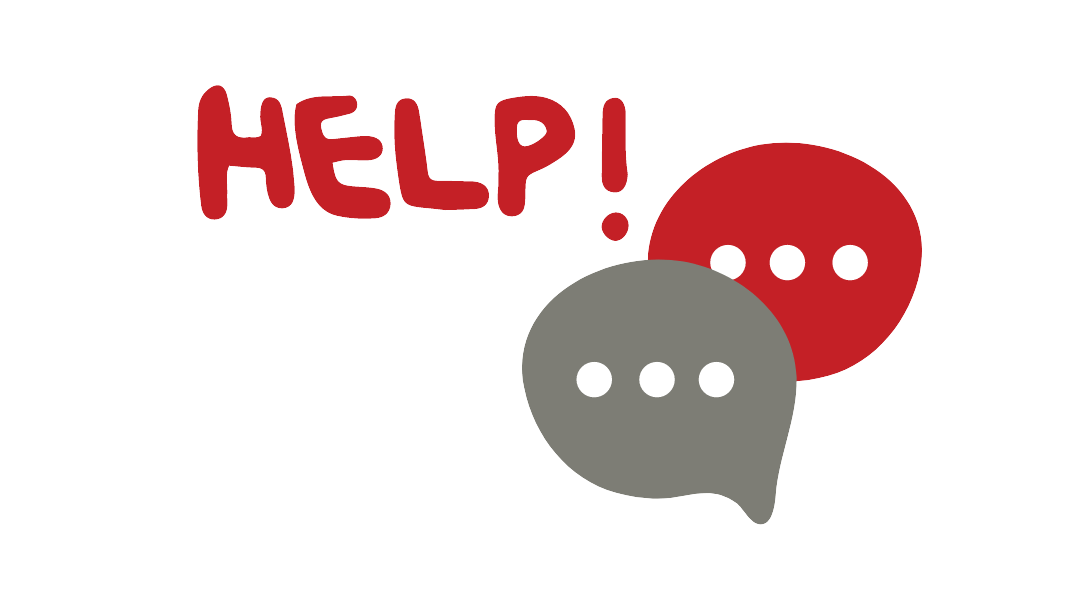
When to call for help
- If you are too nervous to pick the items up.
- If you see many syringes in a pile, for example, in a public stairwell or behind a dumpster.
- If you see broken syringes scattered on the ground.
- If you cannot take the syringes in a plastic container to a disposal location.
Monday through Friday, 9:30 a.m. to 4 p.m
Call or Text 705-690-1939 or 311

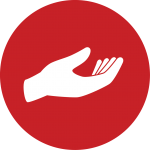
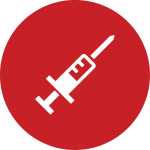
What we pick up
- syringes
- cookers
- bowl pipes
- crack pipes
- used alcohol swabs containing blood
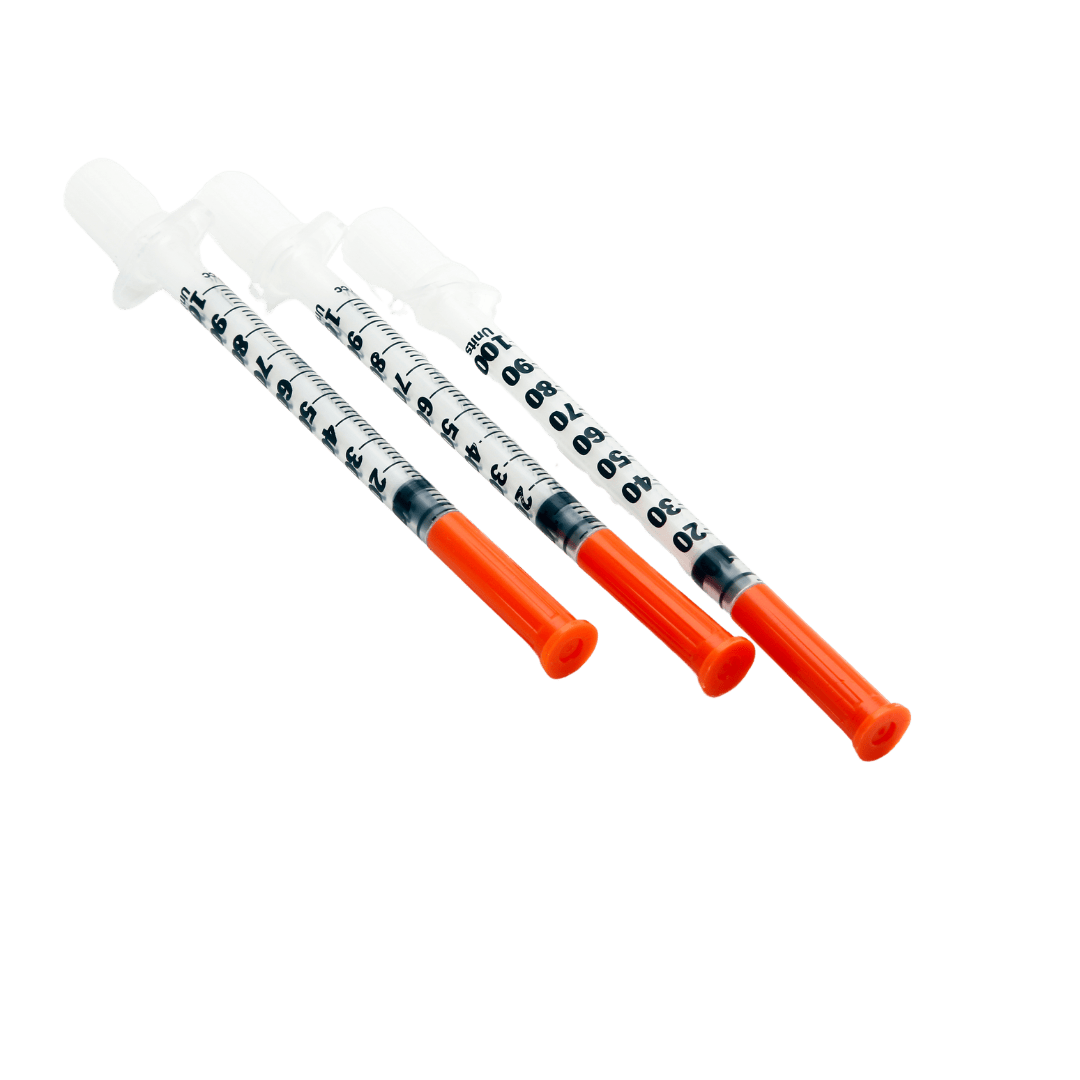

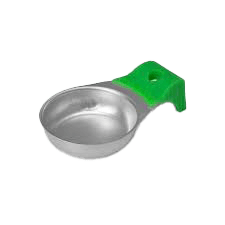
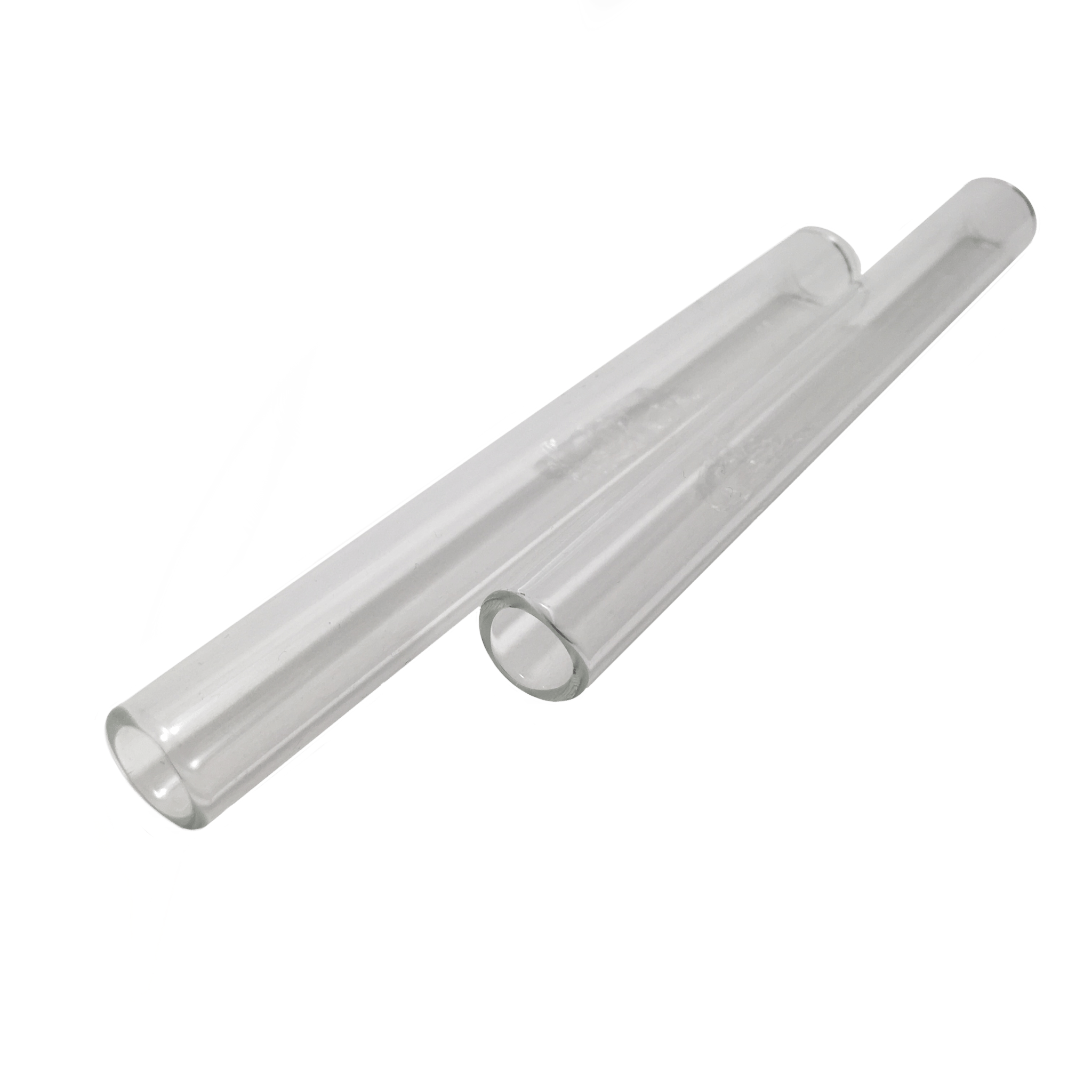
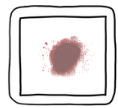
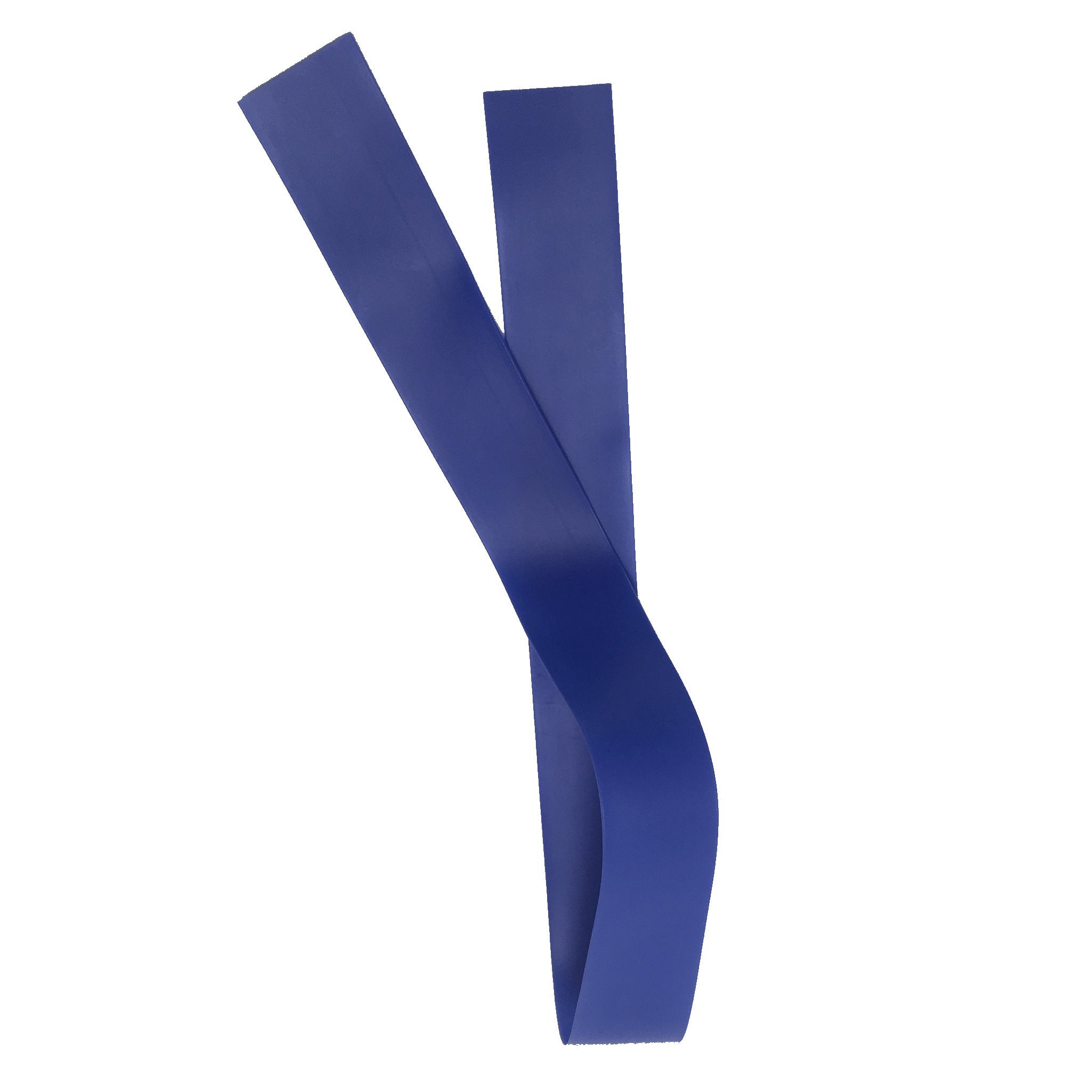
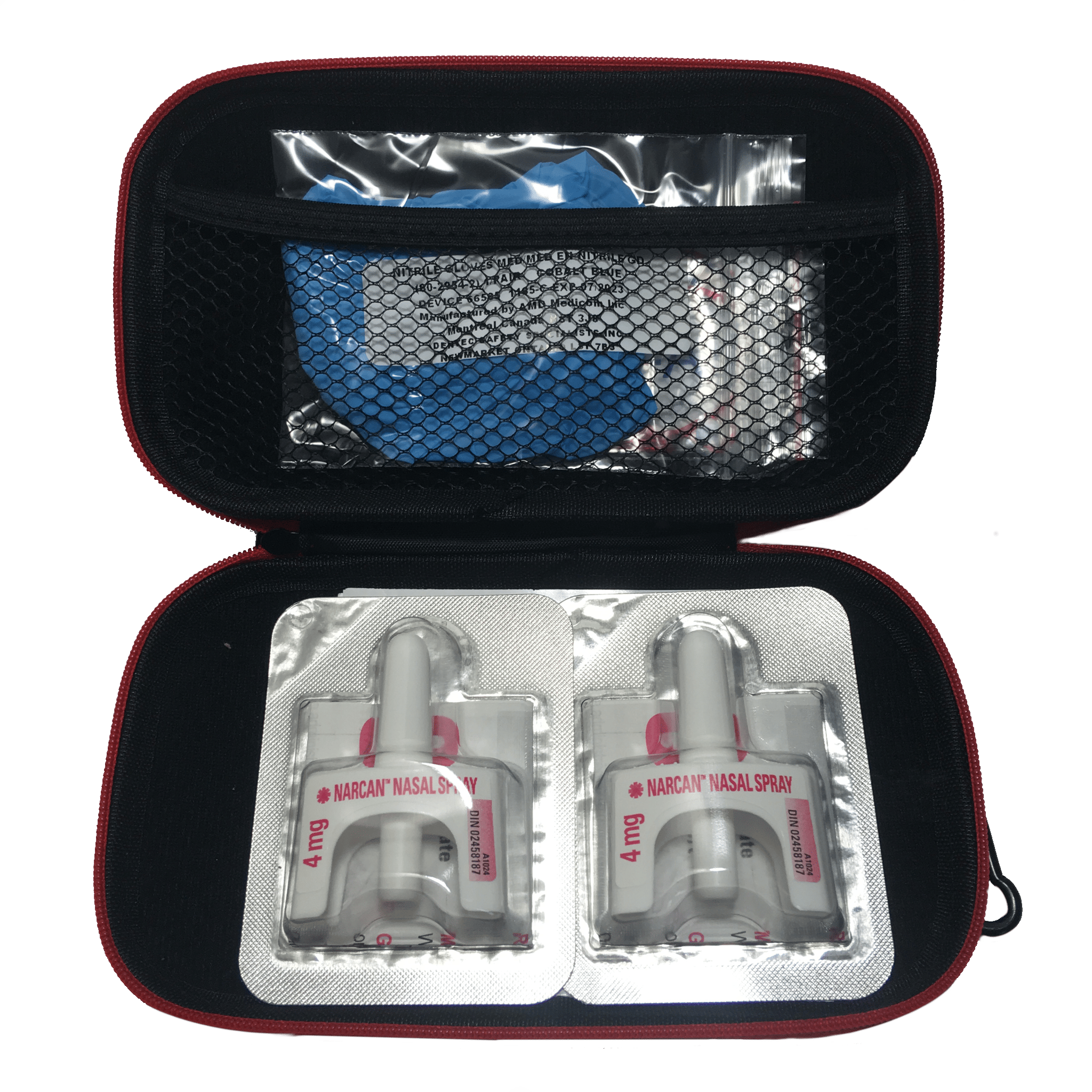
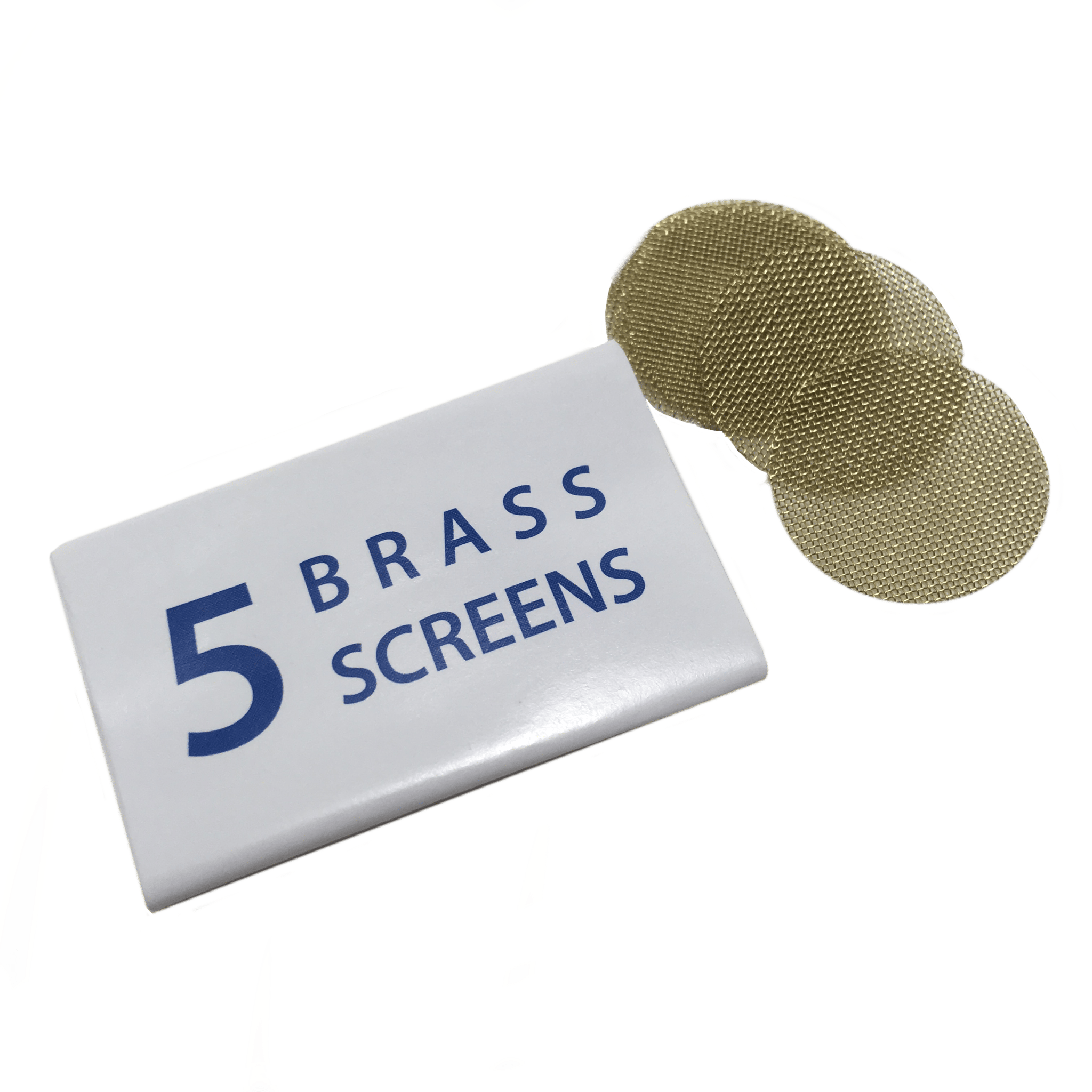
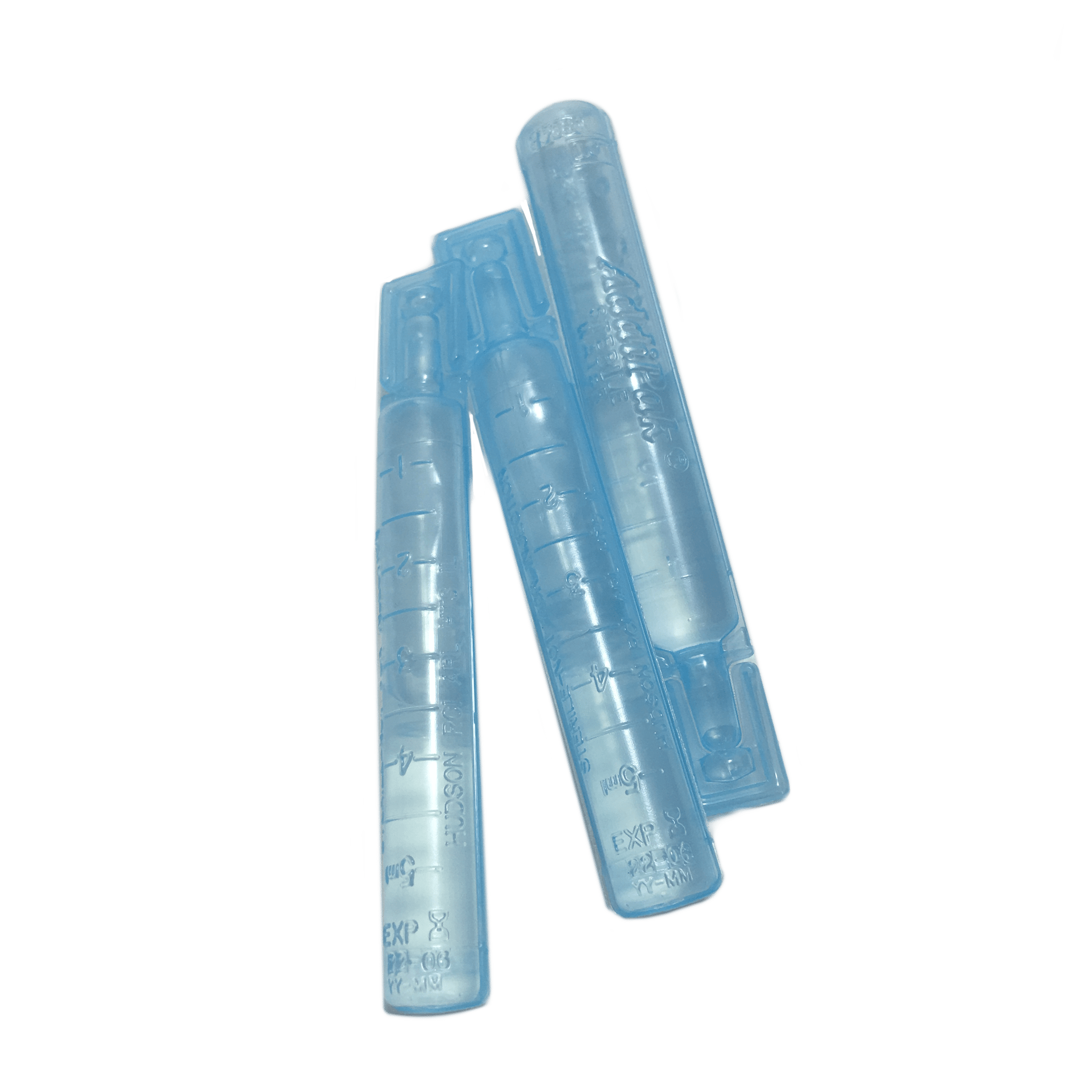
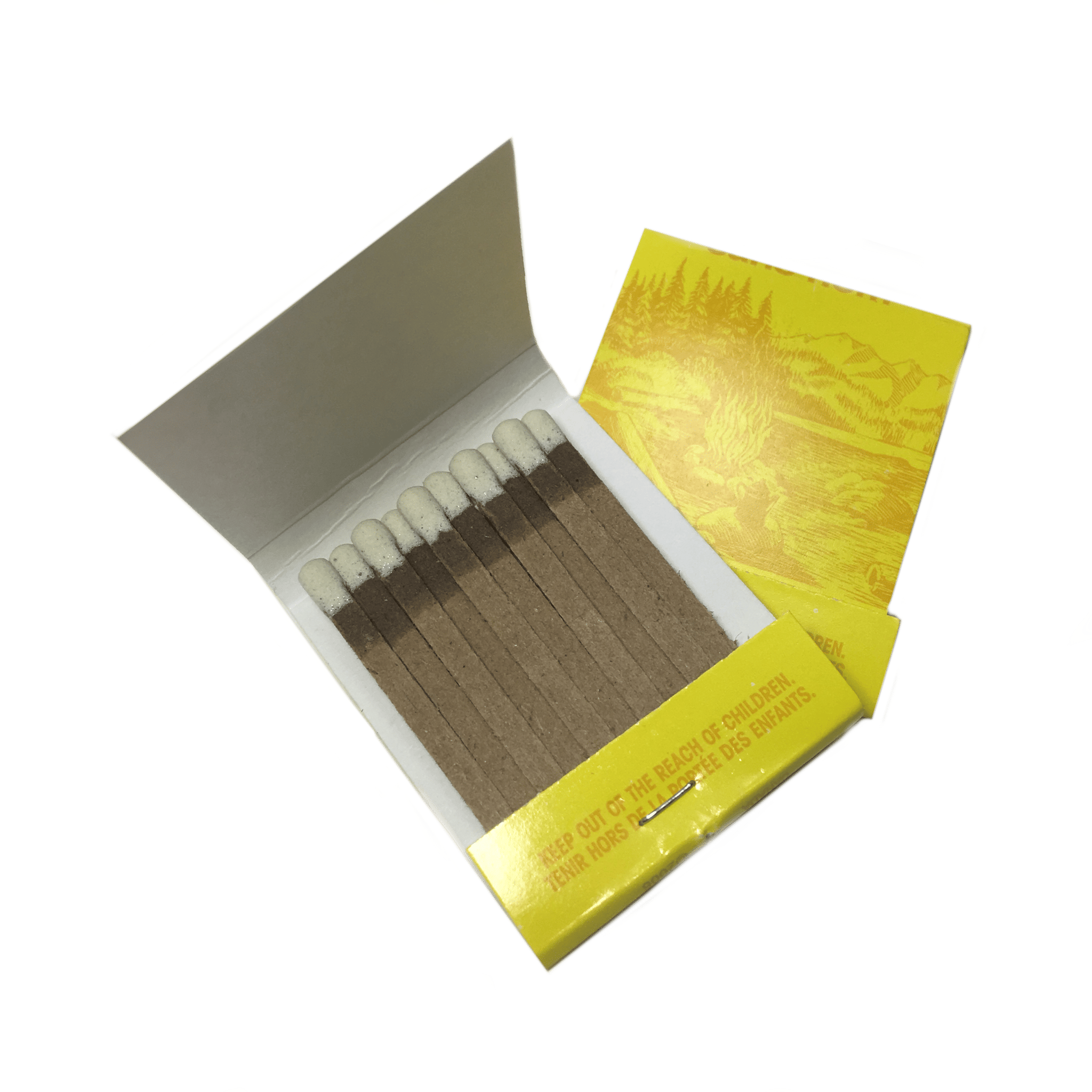
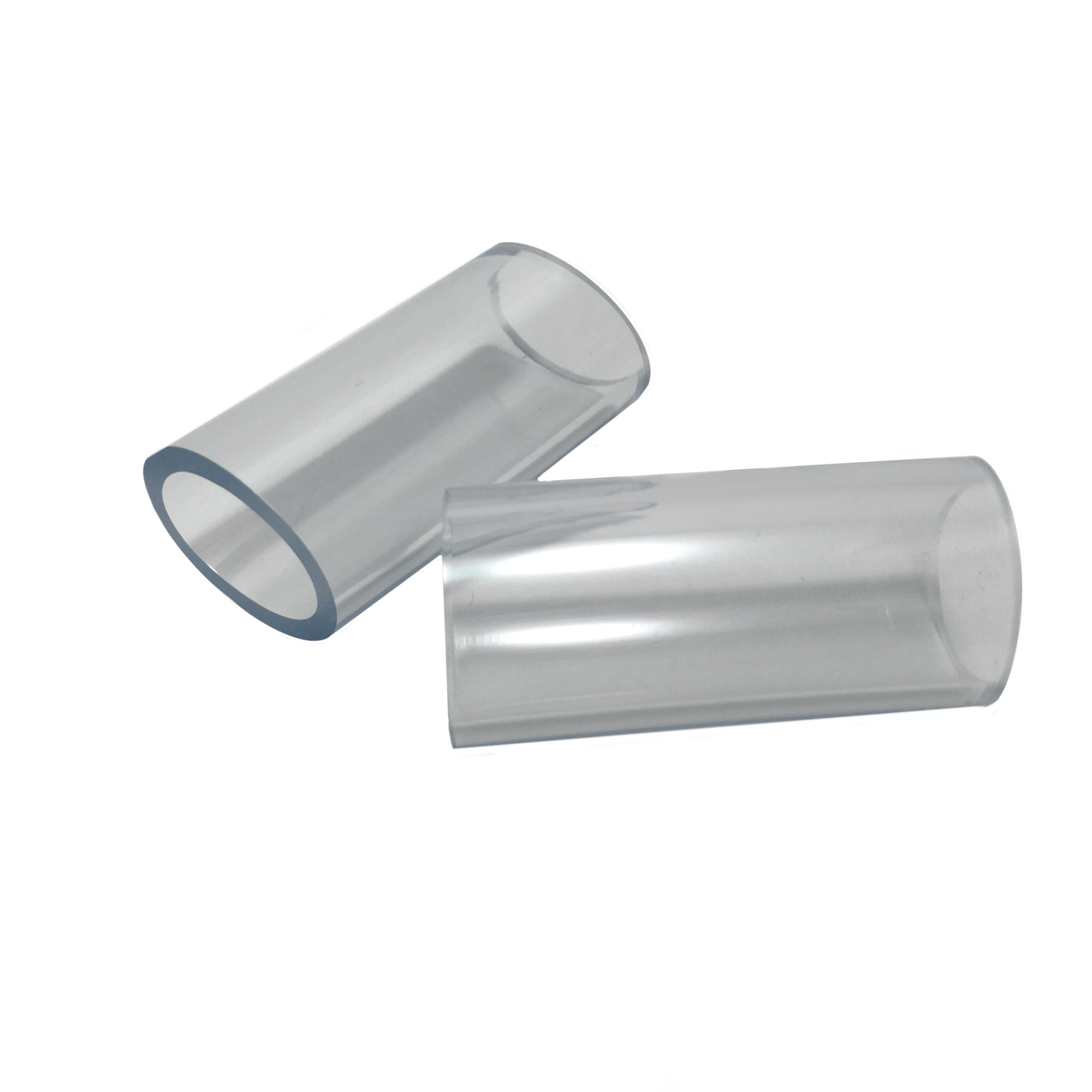

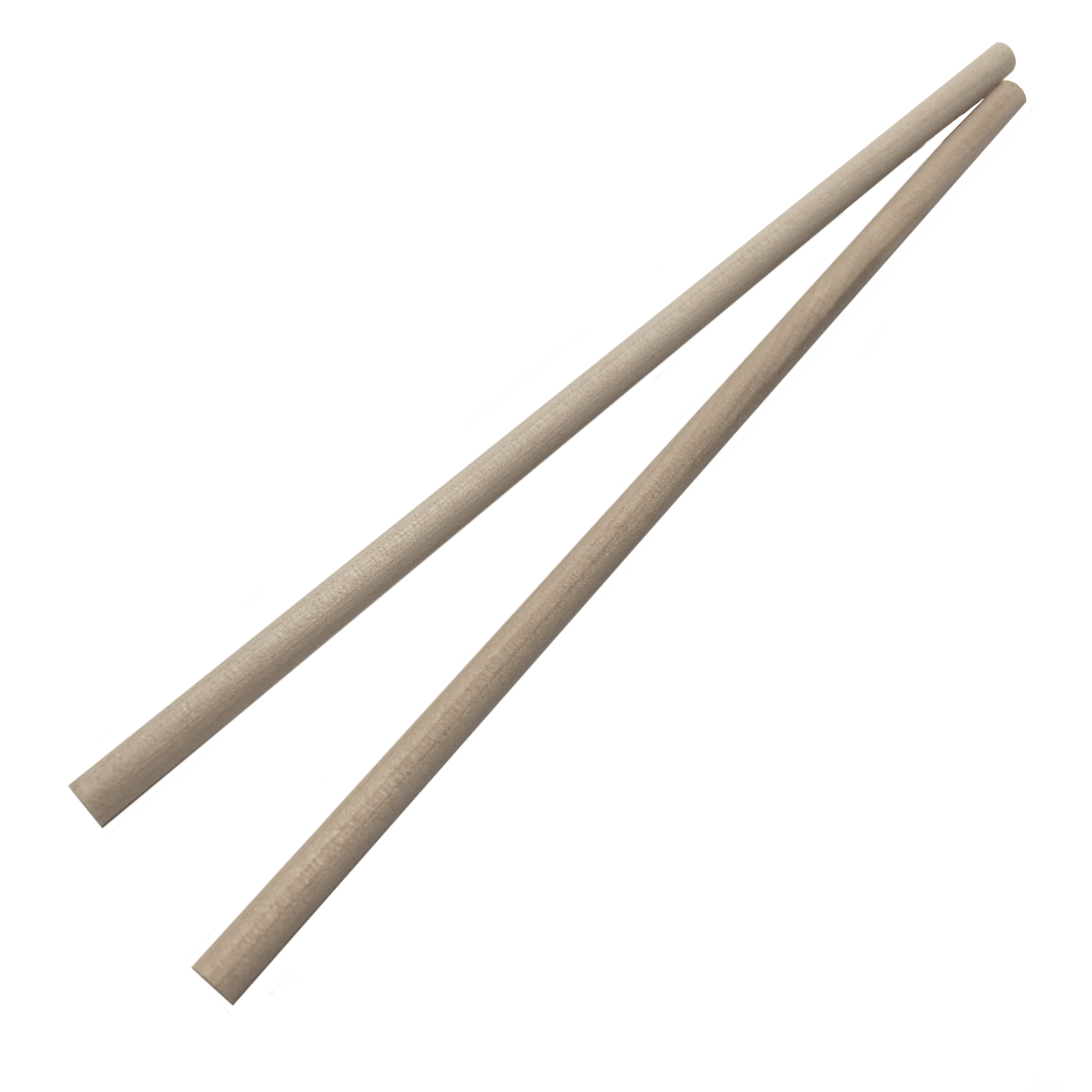
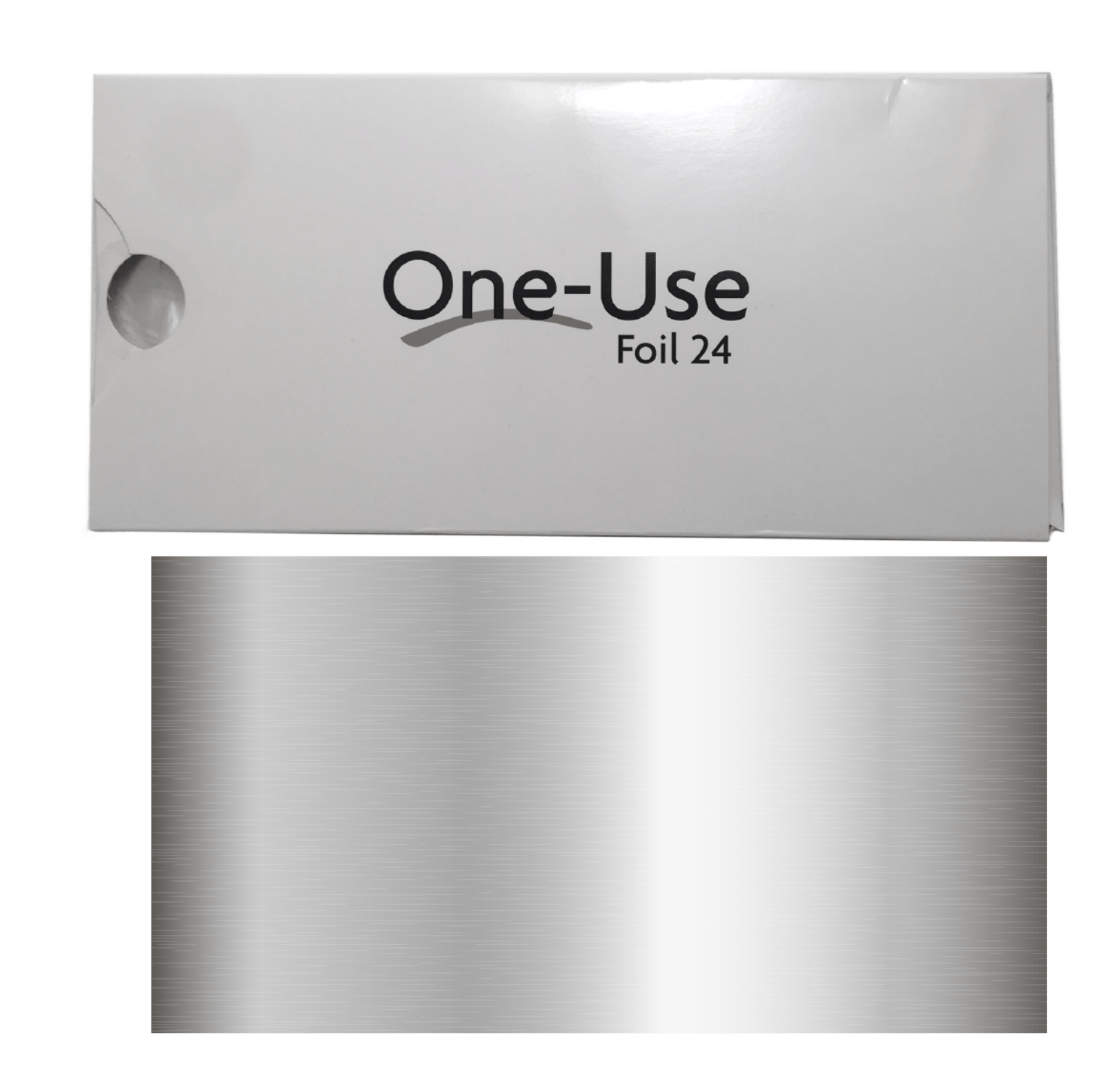
When collecting the above items, we will also remove any associated litter or debris in the immediate area. However, our primary focus is safely removing and disposing of the potentially hazardous materials listed above.
We do not make separate trips solely to collect
non-hazardous items, such as:
-
empty plastics bags
-
rubber ties
-
filters
-
matches
-
water tubes
-
push sticks
-
mouthpieces
-
one-Use Foils
FAQs
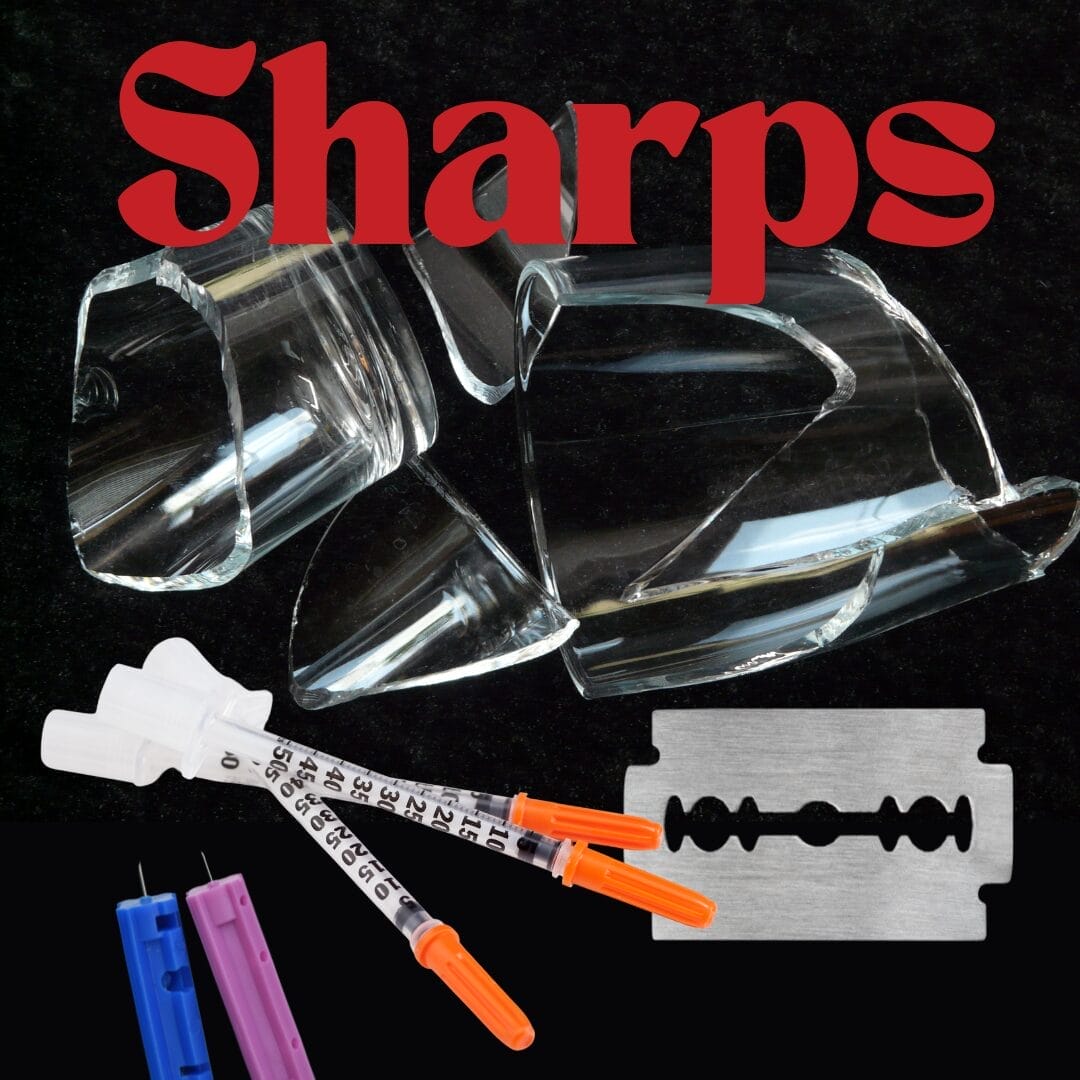
What is a sharp?
A sharp is an object that can puncture or cut someone or something. Examples include:
- syringes/needles
- lancets
- scalpel or razor blades
- glass pipes
- any other item(s) that may cut or puncture the skin, which may have also been contaminated by blood or bodily fluids (i.e. diabetes, hormone injections, fertility treatment).
North Bay Parry Sound Health Unit
https://www.myhealthunit.ca/en/health-topics/sharps.aspx#What-is-a-sharp
What do I do if I accidentally injured myself with a sharp?
There is a very low risk of blood-borne infections from a sharp injury. Someone who does get injured by a used sharp should:
- Let it bleed freely.
- Wash the area with soap and water.
- Seek medical attention for serious injuries and for advice about risks of infection and suggested treatment.
- If the incident happened while working, contact your occupational health department and report the incident accordingly.
What are the risks?
We know picking up other people’s garbage with bare hands is not a good idea because it’s an easy way to spread infection. Needles are like other garbage. Picking up needles with your bare hands is a way to get infected if you have an open cut. When a person finishes using a needle, some of that person’s blood may still be inside the needle or syringe. If you get poked by a needle, you could get sick as well.
Most people will not get sick by picking up or being poked by a used needle. When viruses in needles are exposed to the open air, the viruses usually die. There is no way to know how long a needle has been lying where you found it, so it is best to be safe.
- You may get tetanus.
- You may get a Staphylococcus Aureus infection.
- You may get hepatitis B.
- You are at risk of getting hepatitis C, but the risk is negligible.
- You are extremely unlikely to get HIV because the virus does not live in the air for more than a few minutes. No one has ever gotten HIV from a needle stick injury from an abandoned needle.*
* BC Centre for Excellence in HIV/AIDS; Canadian HIV/AIDS Legal Network




